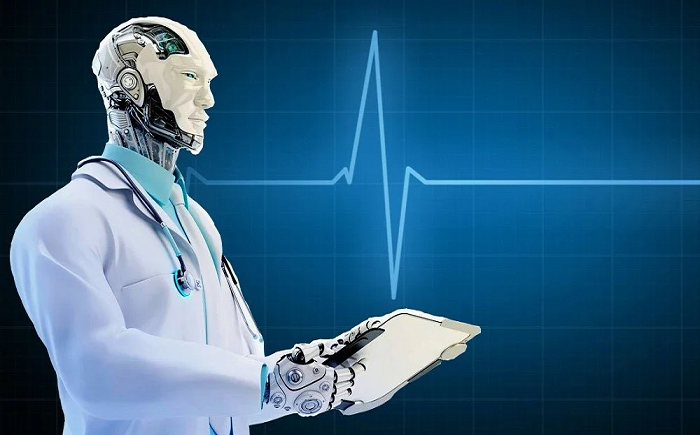
It makes a lot of difference to cancer patient, if the cancer is diagnosed at an early stage. This time difference in diagnosis can change the whole trajectory of the treatment. It can also alter the outcome and also save the patient from incurring significant costs on the oncological interventions required.
AI has proved to be a very useful tool due to various reasons. Now, we have a greater number of digitized images due to advancement in the field of radiology. More and more hospitals are coming forward to collaborate with AI scientists to work on those images and help advance the field of cancer diagnosis. Computer Vision, object detection and multi classification capabilities of AI has made it as a right fit for early diagnosis of different type of cancer. It also help in correctly and precisely diagnosing the grade, volume and area of the malignancy.
In 2017 Kaggle hosted a lung nodule classification and detection competition, which helped to further grow the interest of developers and scientists in this direction. Current state of the art model built by Google can predict lung cancer better than humans and increase survival rates. After that there has been a lot of such competitions including breast cancer detection, Tumor Volume Segmentation, Neck Cancer Lymph nodes using CT-Scans. Convolutional Neural Networks has become a major successful tool and is able to bring the diagnostic accuracy up to 90%.
In 2019, we have many more areas of oncological research which are in the final stages of their experimentation and will be used by different leading hospitals in their day to day functioning in coming years. This includes the work on Prostrate Cancer, Cervical cancer and finding low grade glioma using brain MRIs. Biotechnology Industry has also started collaborating the AI scientists to increase the innovation in drug development and biomarker discovery.
IBM Watson for Oncology has already proved itself as a good enabler for Doctors in few areas for making recommendations. Recently there has been lot of developments in multiple Hospitals and Technology Industries collaborating from different continents to make universally acceptable models in cancer care.
With all the developments in the field we can say, that AI is not going to replace doctors soon, but it is helping doctors to make better and early decisions. Current challenges in this field are explainability of AI, lack of proper laws and framework in place for safety, lack of Legal framework for protecting patients and doctors from the pitfalls of AI.
NVIDIA-Bennett Research Center on AI in Bennett University is also contributing to this area of research. Many research groups are working with different AI healthcare startups to solve interesting problems for the society. It includes decoding the prescription written by Doctors which is generally not too easy to read and integrating it with other Hospital systems. Currently 200 Interns from different premium institutions of the country are doing their summer internship and trying to solve open challenges on AI available on Kaggle, Innocentive, Datadriven, Chahub, Opened, Grand-Challenge and Codalab etc. Two groups working on Skin Cancer Classification and MRI White Matter Reconstruction challenge and have shown considerable progress.
Computer Science Department of Bennett University has established itself as a leader in AI skilling and research. It is now mentoring 1000+ institutions through its leadingindia.ai program. It is making its mark through high quality publications, funded research and innovative experiential teaching learning pedagogy.
This article first appeared in the TOI
Emails: aitechinfluencer@gmail.com, deepakgarg108@gmail.com
info@aitechinfluencer
© AiTechInfluencer. All Rights Reserved. Design by AiTechInfluencer